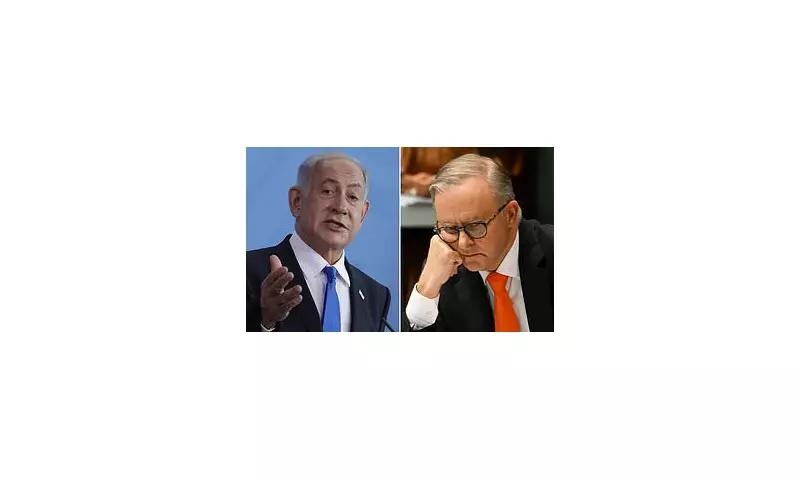
Israeli Prime Minister Benjamin Netanyahu has dramatically escalated a diplomatic confrontation with Australia, launching a deeply personal and unprecedented attack on Prime Minister Anthony Albanese. This fiery broadside comes despite urgent pleas for restraint from prominent Jewish groups within Australia, who fear the rhetoric will inflame community tensions.
A Defiance of Local Counsel
The confrontation was ignited when Mr Albanese's government took a significant step towards formally recognising Palestinian statehood, a move that drew immediate and fierce condemnation from the Israeli leadership. In a stunning breach of diplomatic convention, Mr Netanyahu bypassed traditional channels to directly criticise the Australian leader, questioning his judgement and motives on a global stage.
Local Jewish organisations, including the Executive Council of Australian Jewry, had publicly advocated for a measured and de-escalatory response, warning that inflammatory language could have serious repercussions for the community. Their counsel appears to have been entirely disregarded by Jerusalem.
The Core of the Dispute
At the heart of the rift is a fundamental shift in Australia's foreign policy. The Albanese government has been moving towards a position that supports a two-state solution and the recognition of Palestine, aligning with a growing number of Western nations. This policy redirection has been met with fierce resistance from Mr Netanyahu's administration, which views it as a reward for terrorism and a hindrance to direct negotiations.
The Israeli leader's decision to make the dispute personal, rather than confining it to policy disagreements, marks a significant and dangerous escalation. It transforms a diplomatic difference into a deeply political and adversarial clash between two national leaders.
Implications for Global Diplomacy
This explosive incident sends shockwaves through international diplomatic circles, raising serious questions about Israel's current strategy for engaging with allied nations that express criticism. The choice to openly attack the leader of a traditionally steadfast ally like Australia suggests a new, more confrontational approach to foreign relations under the current Israeli government.
Analysts suggest that this tactic, while perhaps playing to a domestic audience, risks further isolating Israel on the world stage and alienating sympathetic voices within allied nations. The public nature of the attack makes quiet diplomacy and behind-the-scenes resolution considerably more difficult.
As the fallout continues, all eyes will be on Canberra to see how Prime Minister Albanese responds to this very public and personal provocation from a key ally in a volatile region.





